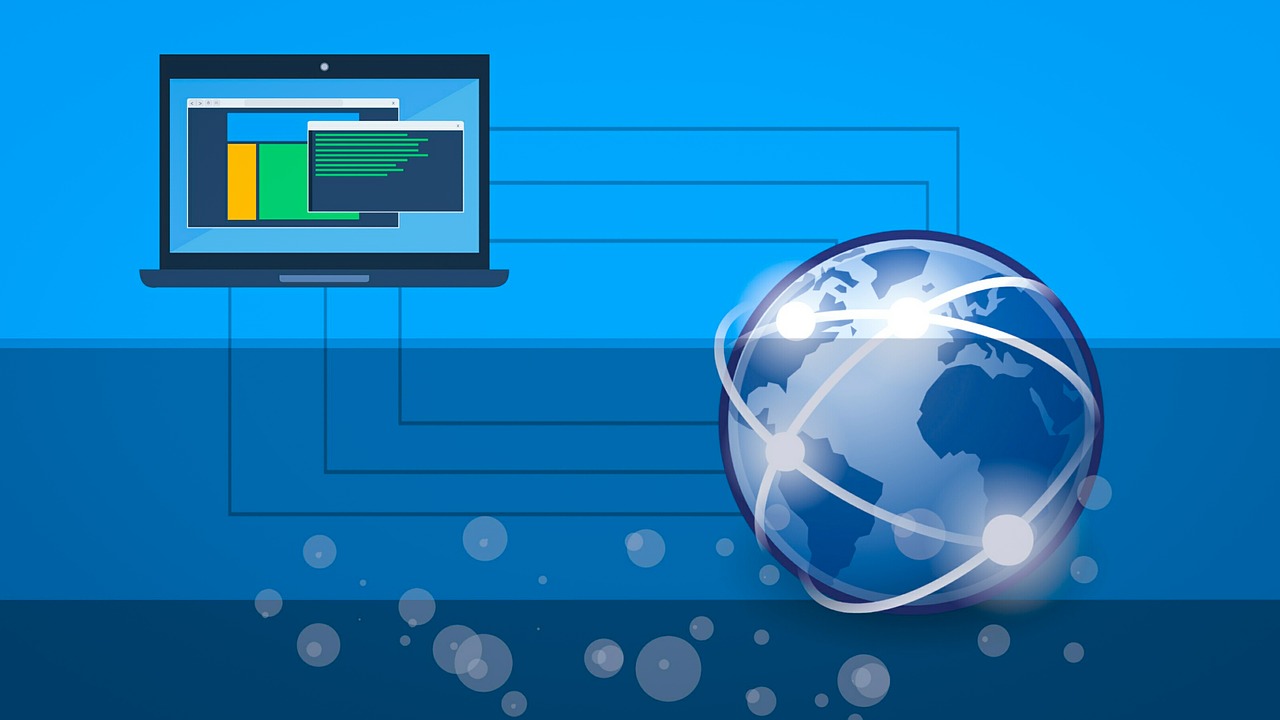Anonymity on the internet is a double-edged sword. While it enables a user to browse unbothered by people who may be interested in figuring out what they’re doing and where they’re visiting, it also provides a layer of safety for people who do things that are morally ambiguous or outright illegal. Regardless of how it’s someone is using the internet, being in control of who sees your browsing habits and internet information is something all users deserve.
Free, open data sharing across torrents or sites like 123movies 2019 requires being able to hide your IP address since many ISP’s are on the warpath about the distribution of copyrighted content. IP addresses, according to Life Wire, are identities for network locations across the internet. They can be considered the same way a house’s address may be the physical location of the house in the world. Having your IP address open for anyone to view allows them to track your physical location. Protecting your IP address is essential for many reasons, not least of all, ensuring that you don’t get unwanted real-world visitors for things that you’ve seen or done online. How does a regular user defend his or her IP address?
1. Utilize Virtual Private Networks
The most effective method of managing the security of IP addresses is by using a virtual private network (VPN). VPN providers secure IP addresses and broadcast one that can change from time to time. How it does this, according to ZD Net, is by creating a private tunnel between the PC and the site you’re sending the data to. The result is that no one can read what you’re sending, or where you’re sending it, including your internet service provider.
Despite their usefulness, How To Geek mentions that some sites do block communication from VPN’s. Limiting access to VPN users could be a problem for users who use them to be in control of their own security. Additionally, VPN’s usually have a monthly fee attached to their use. While some free VPN’s exist, the paid ones are generally of a higher caliber and offer better service. One of such VPNs is Cyberghost, which has excellent reviews. You can check Cyberghost review to know its caliber.
2. Keep Track of Privacy Settings on Messenger Apps
Applications like Skype or Facebook Messenger that allow for calls utilize a technology known as Voice-Over-IP, which, unsurprisingly, has the potential to leak a user’s IP to the calling party. Changing the setting on those apps to only accept calls from contacts keeps malicious users from calling randomly and intercepting your IP if you answer. Additionally, limiting visibility on searches keeps those individuals from finding you in the first place.
3. Ensure That Your Antivirus is Updated
While exploits rarely come from viruses anymore, if a systems antivirus definitions are sufficiently out of date, they put the user at significant risk of getting their IP (and potentially far more of their data) stolen by unscrupulous individuals. Antiviruses usually come with the option to automatically update and that option is helpfully already turned on for most users. While antivirus updates might occur at inopportune moments, they are far more bearable than having your IP stolen and used for nefarious purposes online.
4. Keep Firewall and Router Systems Up to Date
Your antivirus is not the only thing that goes out of date; sometimes your router does as well. Routers utilize a system called firmware to enable the hardware to communicate with the software. Occasionally, router manufacturers update their firmware to patch security issues or fix bugs in their code. Without the proper updates, a router could be a gateway to hackers getting ahold of your IP address or your personal information.
Firewalls come with most routers, and while some users think that they’re more of a hassle than a help, turning them off exposes your computer directly to the internet and leaves you unprotected from penetration attacks. The safest choice for a user is to leave a firewall on at whatever cost. It’s a lot safer than wondering if someone has made their way onto your computer and stolen your IP address from under your very nose.
5. The Onion Router
Most users have never heard of The Onion Router (TOR), although many have heard of the Dark Web. TOR is a network that uses distributed computers around the world to route addresses that come into it. The result is that the initial user’s address is fully camouflaged, allowing them to do whatever they want online without anyone being aware of who that user is. While the TOR network does have a bad reputation thanks to popular culture, it can be quite a useful tool for users who simply want an efficient way to hide their IP without paying for a VPN.
Taking Steps to Remain Safe
Online safety in the twenty-first-century requires a lot more effort than it did five years ago. With the amount of government and non-governmental organizations interested in user data, protecting yourself online should be every user’s number one priority. There are several ways to keep yourself safe and away from prying eyes, as mentioned, and it remains up to you to decide which best suits your needs. Taking your safety into your own hands is the only way to guarantee you keep it.

